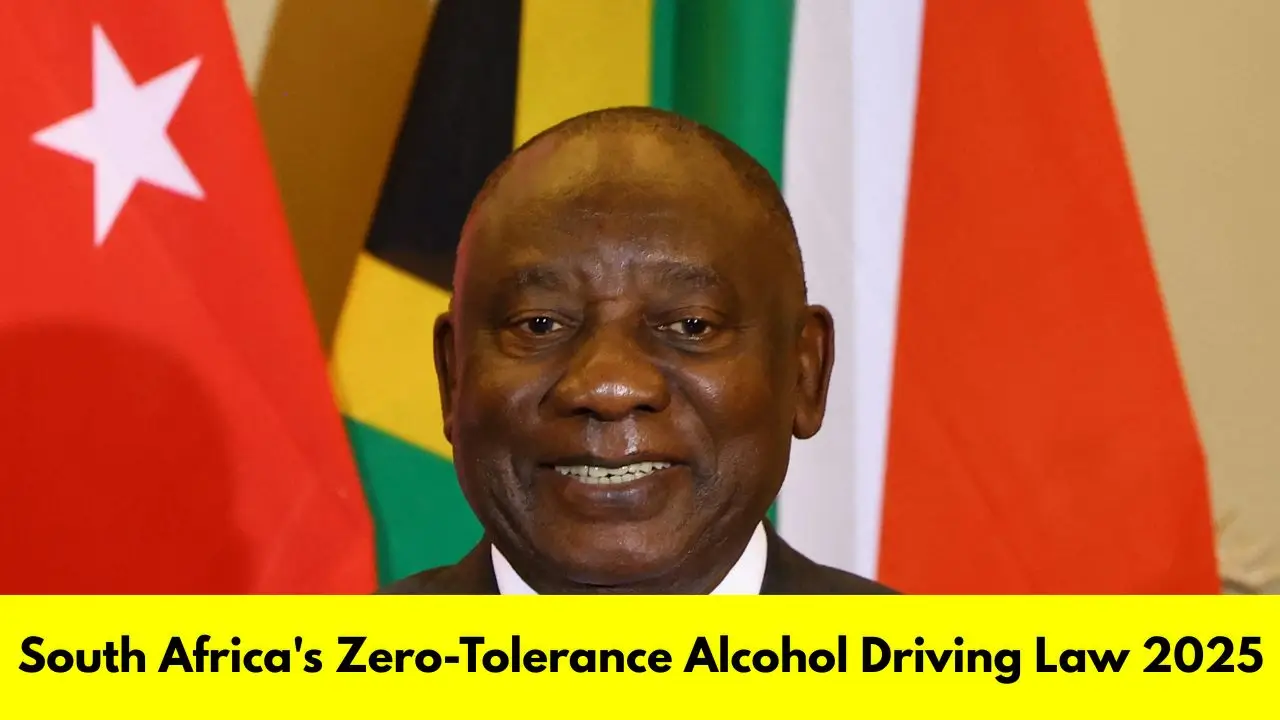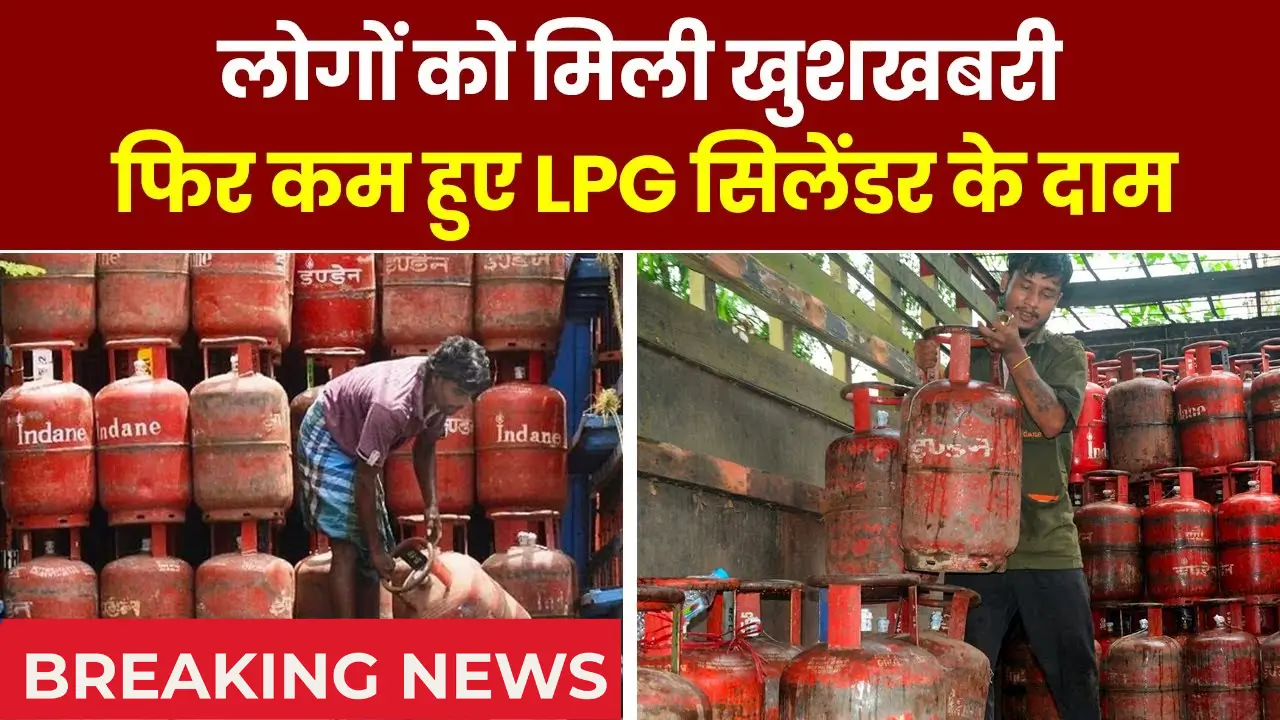South Africa has taken a bold step towards reshaping its road safety landscape with the implementation of a stringent zero-tolerance alcohol driving law in 2025. This new regulation marks a significant departure from the past, aiming to reduce the country’s high rate of road fatalities drastically.
For readers in the United States, where varying levels of blood alcohol content (BAC) limits exist by state, South Africa’s law presents a stark example of a no-alcohol approach to driving. Understanding the nuances of South Africa’s new policy is crucial for anyone interested in global road safety trends or planning to drive there.
The Shift to Zero Tolerance: Key Details
South Africa’s roads have long suffered from dangerous driving behaviors, particularly related to alcohol consumption, contributing to over 12,500 deaths annually. Recognizing the urgent need for change, the government established a zero-tolerance BAC policy effective in 2025.
Previously, general drivers were allowed a BAC of up to 0.05g per 100 ml, and professional drivers up to 0.02g per 100 ml. Under the new regulation, these limits are slashed to zero, meaning absolutely no measurable alcohol is permitted in a driver’s bloodstream while operating a vehicle.
| Driver Category | Previous BAC Limit | BAC Limit in 2025 |
|---|---|---|
| General Drivers | 0.05g / 100ml | 0.00g / 100ml |
| Professional Drivers | 0.02g / 100ml | 0.00g / 100ml |
This sweeping change simplifies enforcement by removing the ambiguity associated with measurable but low BAC levels and effectively bans any alcohol consumption before driving. Authorities have stepped up roadside breath testing and public awareness campaigns to encourage drivers to find alternative transportation if they plan to consume alcohol.
Implications for Drivers and Enforcement
The enforcement of South Africa’s zero-tolerance policy is rigorous. Fines for first-time offenders can be steep, reaching up to R120,000 (South African Rand) or approximately six months in jail.
Repeat offenders face harsher penalties, including license suspensions, criminal charges, and even blacklisting. This crackdown extends to all drivers, including tourists and learner drivers, underscoring the government’s unyielding stance on alcohol and driving.
One of the reasons South Africa adopted this uncompromising approach is the role alcohol plays in its road traffic deaths—historically accounting for over a quarter of fatal crashes. The zero-tolerance policy aligns with the country’s broader traffic law reforms in 2025, which also include revised speed limits and a revamped demerit point system aiming to improve road safety comprehensively.
What This Means for U.S. Audiences and Travelers
In the United States, BAC limits vary by state but commonly allow 0.08g per 100 ml for non-commercial adult drivers, with stricter limits for commercial drivers and underage individuals. South Africa’s zero-BAC policy is notably more stringent. For U.S. citizens traveling to South Africa, understanding this policy is critical. Even a small sip of alcohol before driving can lead to arrest and prosecution under South African law.
For American policymakers and road safety advocates, South Africa’s move underlines a global trend toward stricter enforcement and recognition of the dangers alcohol poses on roads. While the U.S. has made significant progress reducing drunk driving deaths, South Africa’s zero-tolerance approach could spark discussions on whether further tightening of alcohol limits is needed to save lives.
Challenges and Considerations
Despite the intended safety benefits, the zero-tolerance approach is not without controversy. Critics argue that such strict laws may criminalize innocent drivers who register minimal alcohol due to medications or foods containing trace alcohol amounts. This highlights the importance of competent and well-trained law enforcement officers to conduct accurate testing and avoid false positives.
Additionally, implementing zero tolerance requires public cooperation and significant cultural change, as any amount of alcohol consumption before driving is now forbidden. National awareness campaigns are essential to educate the public about the risks and legal consequences, as well as promoting alternative transportation options.
Conclusion
South Africa’s zero-tolerance alcohol driving law of 2025 is a landmark move that aims to reduce the rampant road fatalities associated with drunk driving. By prohibiting any detectable alcohol level in drivers, South Africa is setting a high standard for road safety. For Americans, particularly those traveling abroad, understanding this strict policy is crucial to avoid severe penalties.
As global road safety policies evolve, South Africa’s approach offers a case study in the potential impact of absolute no-alcohol driving laws on saving lives and reshaping driving culture. The world will be watching closely to see the long-term effects of these reforms on South Africa’s roads.



















